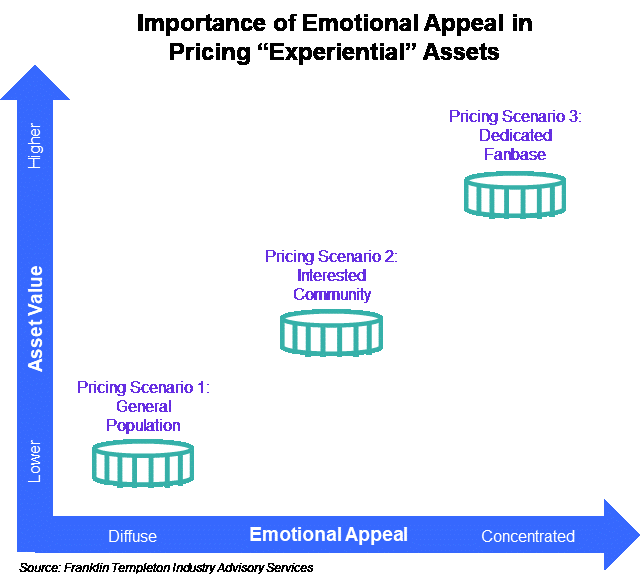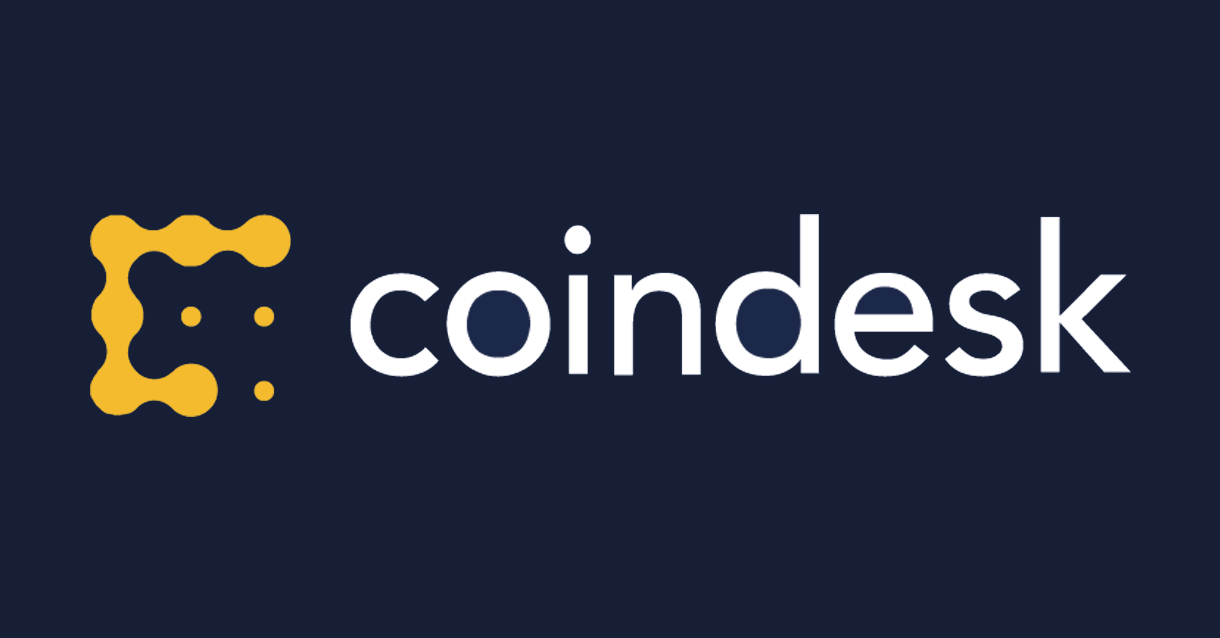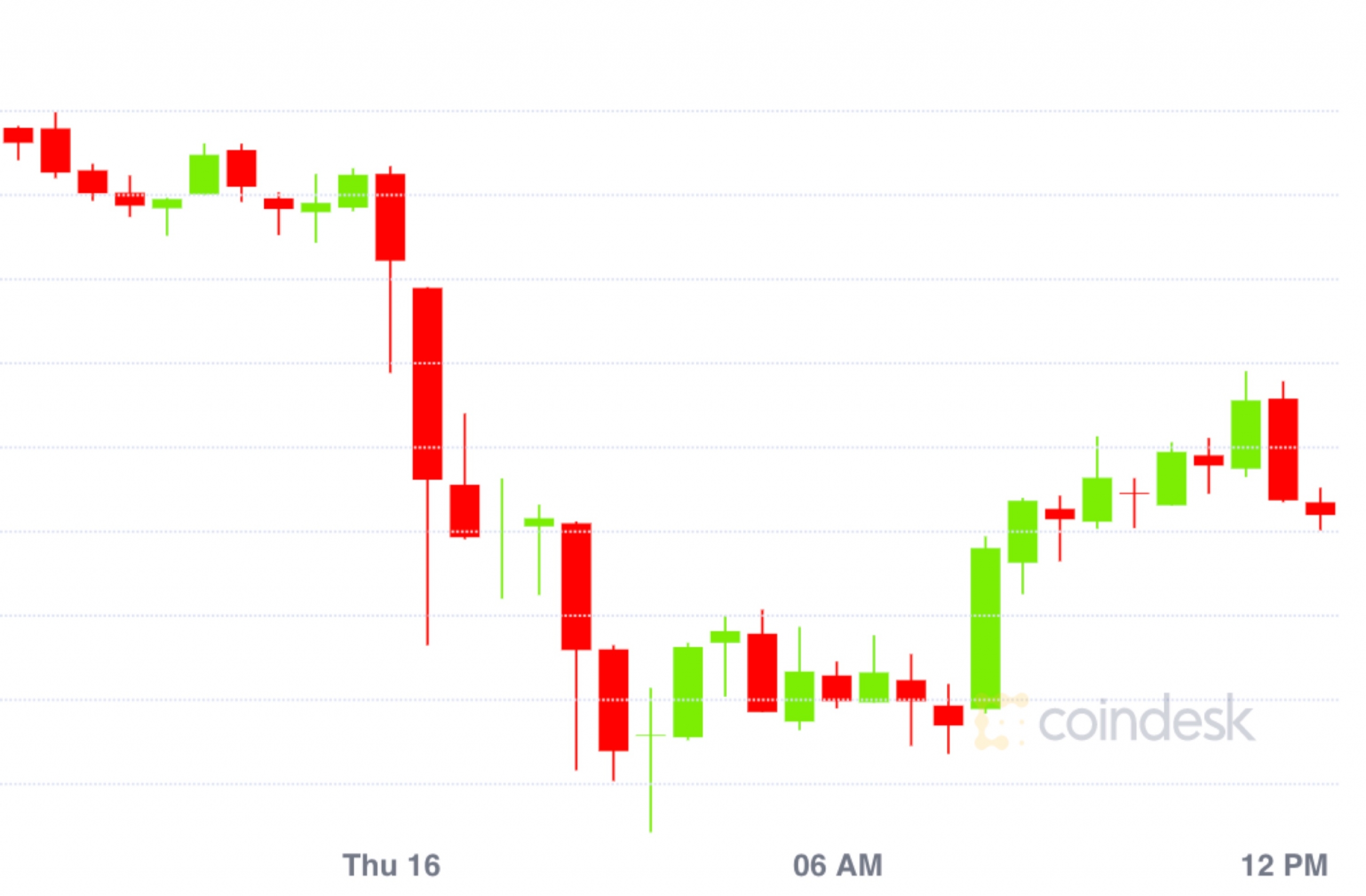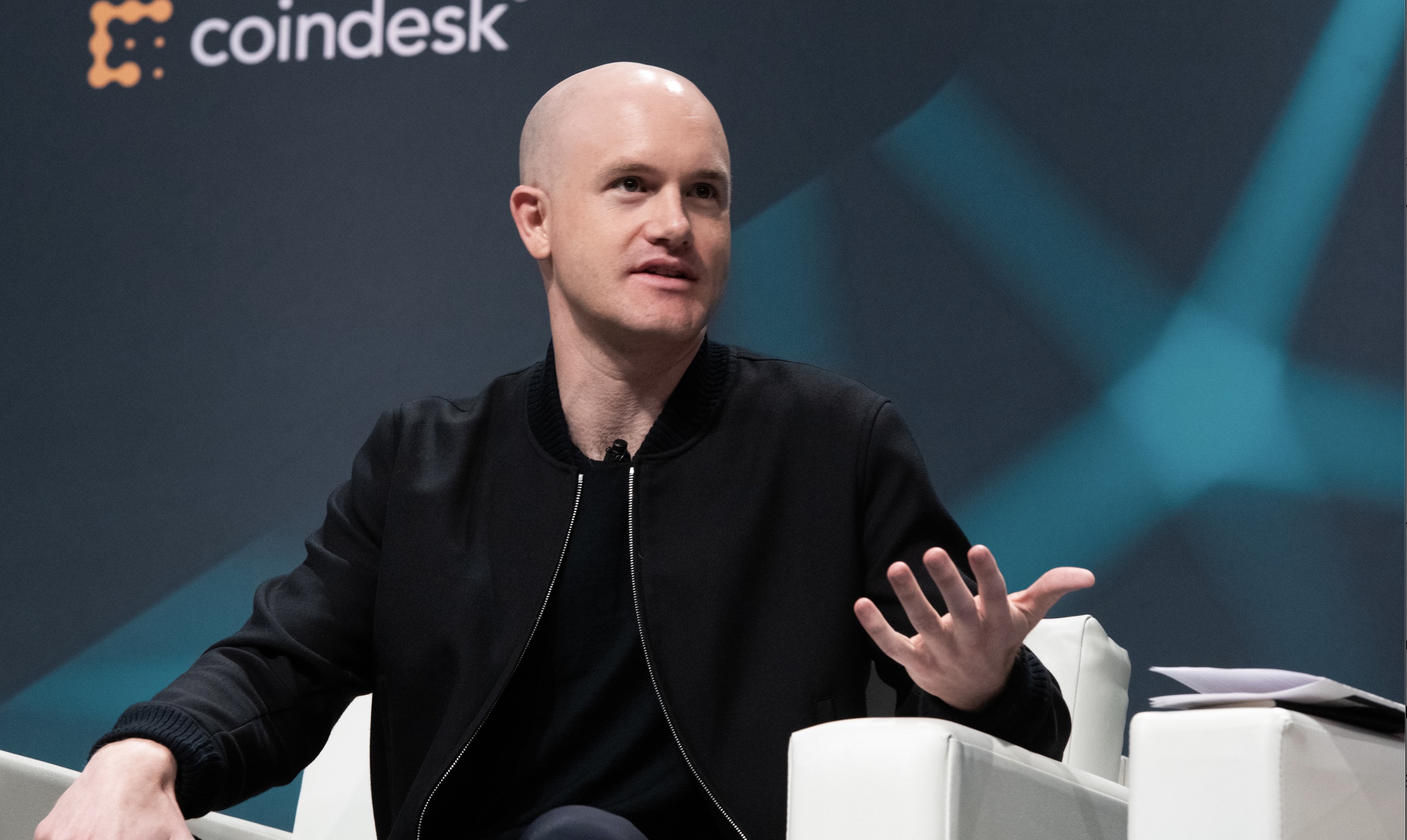Web3 Experiential Tokens and Asset Pricing
Daniel Alegre
CEO
Yuga Labs
Hear from Yuga Labs new CEO in his first public appearance since assuming the position.
Daniel Alegre
CEO
Yuga Labs
Hear from Yuga Labs new CEO in his first public appearance since assuming the position.
:format(jpg)/s3.amazonaws.com/arc-authors/coindesk/10492473-a51c-428a-be4a-bcad872d0e80.png)
Sandy Kaul is an SVP at Franklin Templeton and the Global Head of Digital Asset and Industry Advisory
Services. Her work focuses on how disruptive technologies and innovation are reshaping the trajectory
of asset and wealth management.
Daniel Alegre
CEO
Yuga Labs
Hear from Yuga Labs new CEO in his first public appearance since assuming the position.
Daniel Alegre
CEO
Yuga Labs
Hear from Yuga Labs new CEO in his first public appearance since assuming the position.
Web3 consumer engagement models are still developing and only just beginning to migrate into the real economy, but some hints of what the future of transaction and asset pricing may look like are beginning to emerge. To plot this trajectory, it is important to understand how Web3 consumer engagement will differ from the current Web2 world.
You’re reading Crypto Long & Short, our weekly newsletter featuring insights, news and analysis for the professional investor. Sign up here to get it in your inbox every Wednesday.
-
Today, exclusive access to transactional data is used to build and fuel network effects and is often also monetized through advertising. But Web3 lives on blockchains, where key transactional data is openly available. Incentivizing network effects in this realm may come down to encouraging the crowd to engage through strategies specifically designed to deliver emotional appeal.
-
Today, complex, multi-leg transactions require bespoke contracts and operational processes, people and systems to administer required activities. In Web3, smart contracts embed these contractual activities into a token and the terms self-execute when the right conditions are met. This is likely to reduce costs and enable more multi-leg transactions.
-
The ability to assign additional rights to a token-based transaction – such as the payout of royalties or community access or both – is likely to turn such transactions into “experiences” that have value beyond the initial purchase. “Experiential” tokens become assets that offer a dual purpose: They are both a key to access benefits and a financial instrument that can be valued in decentralized-finance transactions or in an investment portfolio.
-
Moreover, experiential tokens are transferrable. If the asset is sold, the rights and remaining value are reassigned to the new owner. Today, contracts would need to be renegotiated and redrawn to enable such a transfer. In Web3, the rights are reassigned as soon as the token moves from one to another wallet.
These attributes suggest the emergence of a new approach to valuation. As shown, we believe the value of an experiential token increases each time a more precise target audience is used to price the asset. Identification of the target audience can be done using blockchain transactional data.

(For illustrative purposes only. This chart represents Franklin Templeton’s view. There can be no assurance that these events or expectations will be realized. Actual results may be significantly different from that shown here.)
For example, in March 2022 two celebrity chefs dropped unique pizza-themed non-fungible tokens that offered digital art as well as access to a community connecting NFT owners with their favorite chefs through online Master classes and events – both virtual and in real life.The ongoing “value” of each NFT will be based on the perceived desirability and value of the art, community, classes and events that the token offers.
That value might look quite different if the token price were to be based on demand from the marketplace at large as compared to demand from a community of cooking enthusiasts, and potentially even higher if the audience valuing the token were specifically interested in the particular chefs.
Algorithms able to evaluate digital wallets and find addresses with a transaction history that aligns to desired attributes may be designed to advertise token sales and request bids and offers in an increasingly targeted manner. Valuations may be created through this type of solicitation process (request for quote) and perhaps even invitation-only auctions created to enable targeted exchange of NFTs.
Obtaining the highest potential valuation for a specific asset will be in the interest of institutional investors because this can help to increase the value of an institution’s broader set of related holdings. For example, the recent NFT sale of royalty rights to a famous singer’s song from 2015 raised slightly more than $60,000, but the success of the NFT drop may have helped to increase the value of the music catalog owned by the issuing platform.
While Web3 consumer engagement models are still in their infancy, we believe they have the potential to unlock incremental value and enable price discovery for creators and investors alike.
Disclaimer from Franklin Templeton:
All investments involve risk, including the loss of principal.
Investments in Digital Assets are subject to many specialized risks and considerations, including but not limited to risks relating to:
(i)immature and rapidly developing technology underlying Digital Assets, (ii) security vulnerabilities of this technology, (iii) credit risk of Digital Asset exchanges that may hold an Account’s Digital Assets in custody, (iv) regulatory uncertainty around the rules governing Digital Assets, Digital Asset exchanges and other aspects and parties involved with Digital Asset transactions, (v) high volatility in the value/price of Digital Assets, (vi) unclear acceptance of some or all Digital Assets by users and global marketplaces, and (vii) manipulation or fraud resulting from the pseudo-anonymous manner in which ownership of Digital Assets is recorded and managed.
This communication is general in nature and provided for educational and informational purposes only. It should not be considered or relied upon as legal, tax or investment advice or an investment recommendation, or as a substitute for legal or tax counsel. Prospective investors should always consult a qualified financial professional for personalized advice or investment recommendations tailored to their specific goals, individual situation, and risk tolerance. Views expressed are those of the author and do not reflect views of other managers or the firm overall. Views are current as of the date of this publication and are subject to change. The information is based on current market conditions, which will fluctuate and may be superseded by subsequent market events. References to specific securities, asset classes and financial markets are for illustrative purposes only and should not be interpreted as recommendations.
Edited by Nick Baker.
Learn more about Consensus 2023, CoinDesk’s longest-running and most influential event that brings together all sides of crypto, blockchain and Web3. Head to consensus.coindesk.com to register and buy your pass now.
DISCLOSURE
Please note that our
privacy policy,
terms of use,
cookies,
and
do not sell my personal information
has been updated
.
The leader in news and information on cryptocurrency, digital assets and the future of money, CoinDesk is a media outlet that strives for the highest journalistic standards and abides by a
strict set of editorial policies.
CoinDesk is an independent operating subsidiary of
Digital Currency Group,
which invests in
cryptocurrencies
and blockchain
startups.
As part of their compensation, certain CoinDesk employees, including editorial employees, may receive exposure to DCG equity in the form of
stock appreciation rights,
which vest over a multi-year period. CoinDesk journalists are not allowed to purchase stock outright in DCG
.
:format(jpg)/s3.amazonaws.com/arc-authors/coindesk/10492473-a51c-428a-be4a-bcad872d0e80.png)
Sandy Kaul is an SVP at Franklin Templeton and the Global Head of Digital Asset and Industry Advisory
Services. Her work focuses on how disruptive technologies and innovation are reshaping the trajectory
of asset and wealth management.









